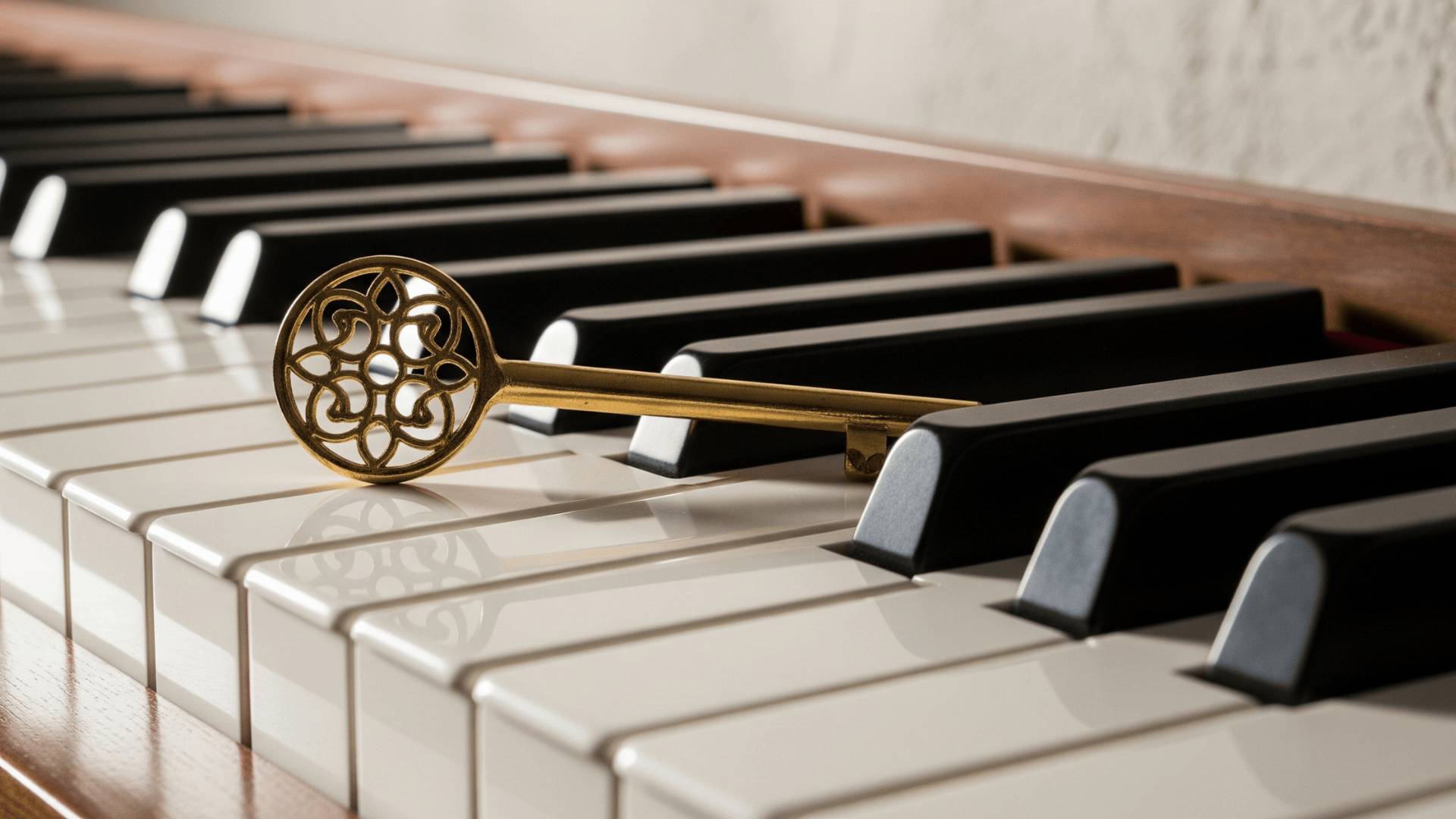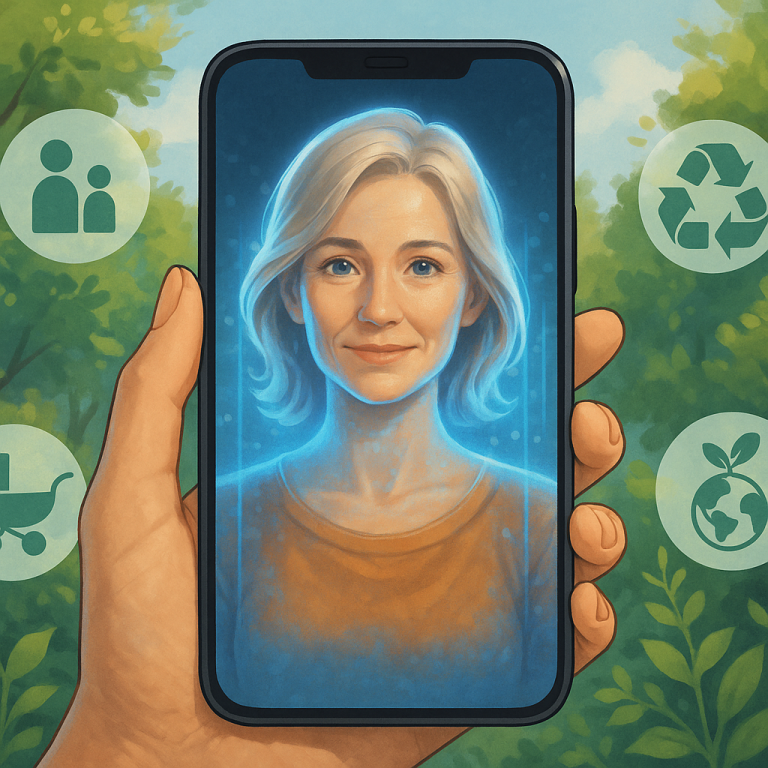What Has Keys But Cannot Open Any Doors? Explained

Riddles challenge people to think beyond obvious answers and consider creative possibilities, making them perfect brain exercises for developing minds.
Teen years bring increased analytical thinking skills, which makes riddles for teens particularly engaging as they can handle more complex wordplay and abstract concepts.
These brain teasers force minds to abandon logical thinking and choose clever twists.
One riddle that consistently stumps people of all ages asks a seemingly simple question that leads most down the wrong path entirely.
The puzzle appears straightforward but contains a hidden twist that requires abandoning conventional thinking and exploring multiple meanings of common words.
The Riddle and Common Wrong Guesses
The puzzle asks listeners to identify something that possesses keys but lacks the ability to open any doors.
This combination sounds contradictory since people naturally associate keys with their primary function of unlocking things.
Popular incorrect guesses include broken keys that no longer function in their locks. Others suggest keychains filled with decorative keys that were never meant to open anything.
Some people propose old keys that no longer match existing doors after locks have been changed.
These wrong answers all stay within the realm of physical keys and doors, missing the wordplay element entirely.
The Answer: A Piano
The correct answer to this famous riddle is a piano. This musical instrument contains dozens of keys arranged in the familiar black and white pattern that produces different notes when pressed.
Despite having more keys than most keychains, a piano cannot open a single door anywhere.
The piano answer demonstrates the riddle’s core trick: wordplay based on multiple meanings of the same term.
The word “keys” can refer to both metal unlocking devices and the levers on musical instruments that control pitch.
Musical keys serve a completely different function from door keys, yet both deserve the same name in English.
Why This Wordplay Works
The riddle succeeds because it forces people to shift their thinking from one context to an entirely different one. Most brain teasers like “What Has Thirteen Hearts but No Lungs?” rely on this kind of perspective change to create their challenge and satisfaction.
- Double meanings: The word “keys” serves two completely different purposes, creating confusion that leads to the surprise solution.
- Mental misdirection: People automatically think of physical keys and doors, making the musical connection unexpected and clever.
- Familiar concepts: Both door keys and piano keys are common in daily life, so the wordplay feels natural once discovered.
- Lateral thinking test: Success requires abandoning obvious assumptions and considering alternative interpretations of simple words.
Other Objects With Keys
While the piano remains the classic answer, several other objects fit the riddle’s criteria. Computer keyboards contain numerous keys, but cannot unlock anything physical.
Typewriters similarly feature keys for creating letters rather than opening doors.
Map legends often include a section called the “key” that explains symbols and markings.
These informational keys help people understand maps but possess no unlocking capabilities. Answer keys for tests provide correct responses, but cannot open any physical barriers.
Similar Riddles to Test Your Thinking
These riddles follow the same wordplay pattern and challenge conventional thinking:
- “What has a face but no eyes, nose, or mouth?”
Answer: A clock. The “face” refers to the front display, not facial features. - “What has hands but cannot clap?”
Answer: A clock. The “hands” point to numbers, not body parts. - “What has a head but never weeps, and a bed but never sleeps?”
Answer: A river. The “head” is the source, and the “bed” is the bottom channel. - “What has teeth but cannot bite?”
Answer: A gear, comb, or saw. The “teeth” are pointed parts, not for eating. - “What has an eye but cannot see?”
Answer: A needle or hurricane. The “eye” is a hole or center, not for vision. - “What runs but never walks, has a mouth but never talks?”
Answer: A river. It “runs” by flowing and has a “mouth” where it meets larger water.
The Value of Word Riddles
Riddles serve important purposes beyond simple entertainment. They demonstrate how language contains layers of meaning that create opportunities for creativity and humor.
The mental flexibility required to solve word riddles translates into better problem-solving skills in many contexts.
Teachers often use riddles to make learning more engaging and memorable. The surprise of learning unexpected answers helps students remember lessons about multiple word meanings.
These brain exercises encourage people to question assumptions and consider alternative perspectives.
Conclusion
The riddle about keys that cannot open doors perfectly illustrates the power of wordplay to challenge and delight people.
The piano answer surprises most listeners because it requires abandoning obvious assumptions and opting for creative thinking.
Understanding riddles like these helps people appreciate the richness of everyday language. Words carry multiple meanings that create endless possibilities for clever puzzles.
The best riddles remind people that sometimes the most obvious answer leads nowhere, while the real solution lies in thinking about familiar concepts in new ways.
Did this riddle stump you initially, or did you figure out the piano connection right away? Try these wordplay riddles on friends and share your favorites in the comments below!






